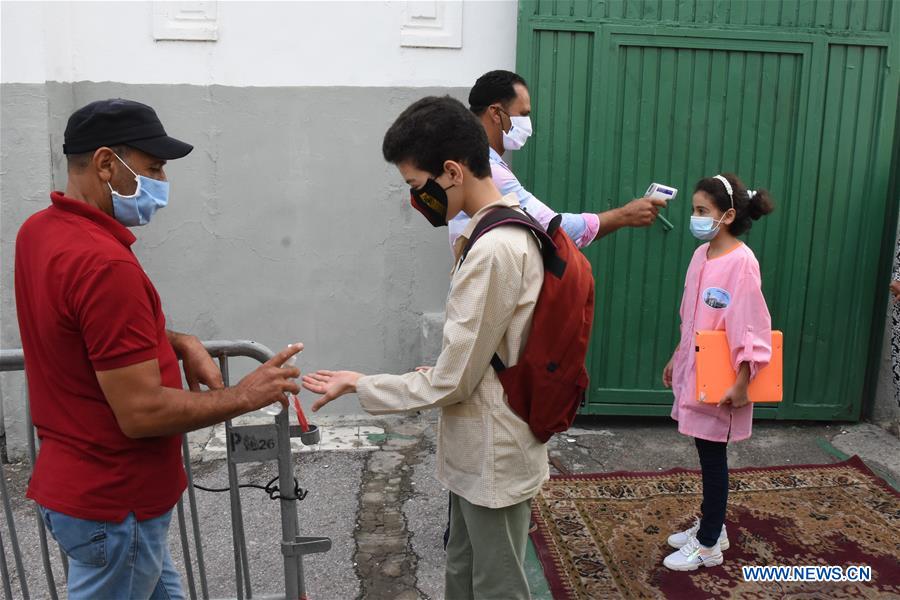
Worldwide death toll from COVID-19 hits 1 million
The worldwide death toll from the coronavirus has eclipsed 1 million, nine months into a crisis that has devastated the global economy, tested world leaders’ resolve, pitted science against politics and forced multitudes to change the way they live, learn and work.

The bleak milestone, recorded on Monday in the U.S. by Johns Hopkins University, is greater than the population of Jerusalem or Austin, Texas. It is 2 1/2 times the sea of humanity that was at Woodstock in 1969. It is more than four times the number killed by the 2004 earthquake and tsunami in the Indian Ocean.
Even then, the figure is almost certainly a vast undercount because of inadequate or inconsistent testing and reporting and suspected concealment by some countries.
And the number continues to mount. Nearly 5,000 deaths are reported each day on average. Parts of Europe are getting hit by new outbreaks, and experts fear a second wave in the U.S., which accounts for about 205,000 deaths, or 1 out of 5 worldwide. That is far more than any other country, despite America’s wealth and medical resources.
The virus first appeared in late 2019 in patients hospitalized in the Chinese city of Wuhan, where the first death was reported on Jan. 11. By the time authorities locked down the city nearly two weeks later, millions of travelers had come and gone. China’s government has come in for criticism that it did not do enough to alert other countries to the threat.
Government leaders in countries like Germany, South Korea and New Zealand worked effectively to contain it. Others, like U.S. President Donald Trump and Brazil’s Jair Bolsonaro, dismissed the severity of the threat and the guidance of scientists, even as hospitals filled with gravely ill patients.
Brazil has recorded the second most deaths after the U.S., with about 142,000. India is third and Mexico fourth, with more than 76,000.
The virus has forced trade-offs between safety and economic well-being. The choices made have left millions of people vulnerable, especially the poor, minorities and the elderly.
Up to now, the disease has left only a faint footprint on Africa, well shy of early modeling that predicted thousands more deaths.
But cases have recently surged in countries like Britain, Spain, Russia and Israel. In the United States, the return of students to college campuses has sparked new outbreaks. With approval and distribution of a vaccine still probably months away and winter approaching in the Northern Hemisphere, the toll will continue to climb.
The pandemic’s toll of 1 million dead in such a limited time rivals some of the gravest threats to public health, past and present.
It exceeds annual deaths from AIDS, which last year killed about 690,000 people worldwide. The virus’s toll is approaching the 1.5 million global deaths each year from tuberculosis, which regularly kills more people than any other infectious disease.






